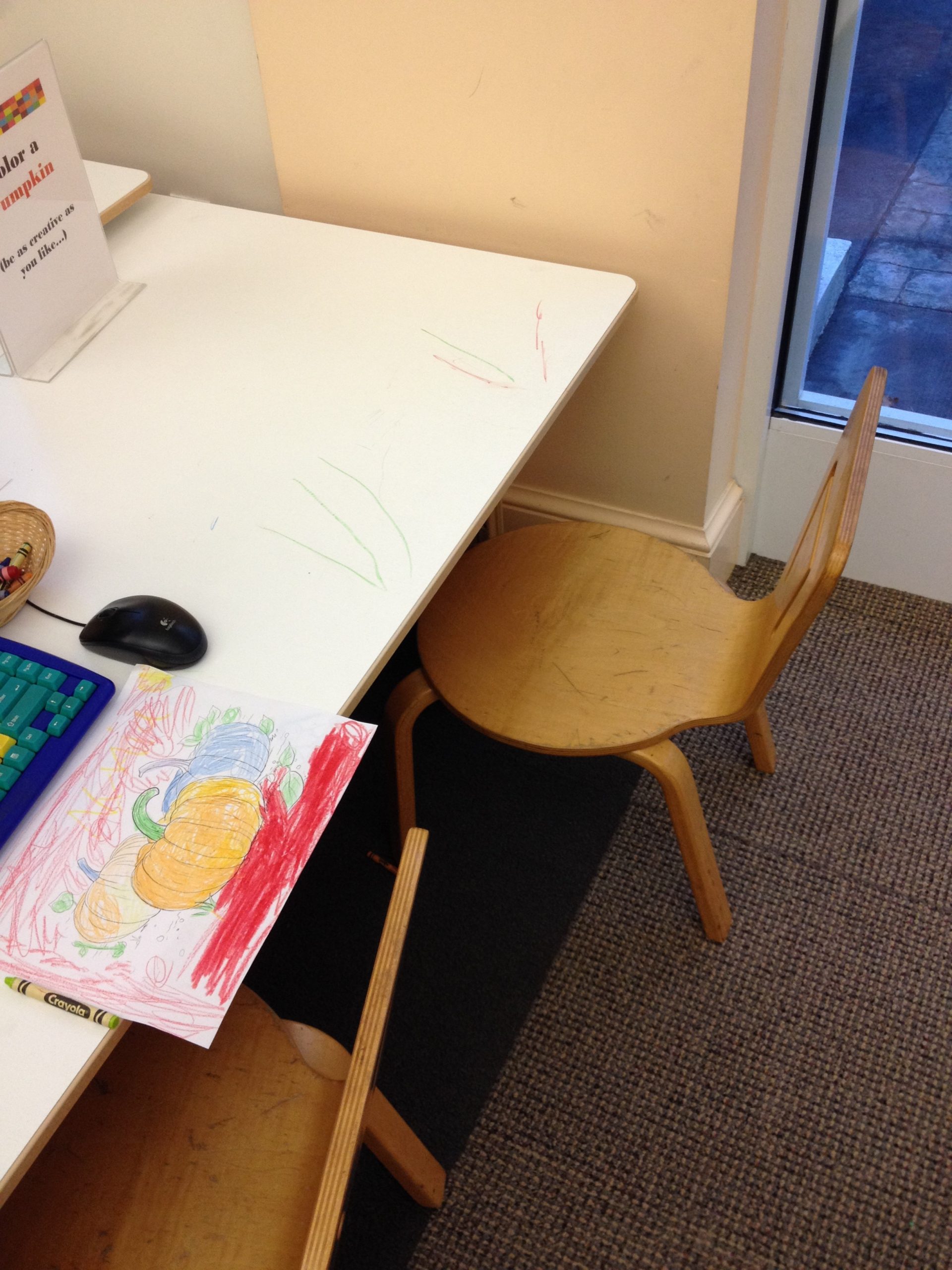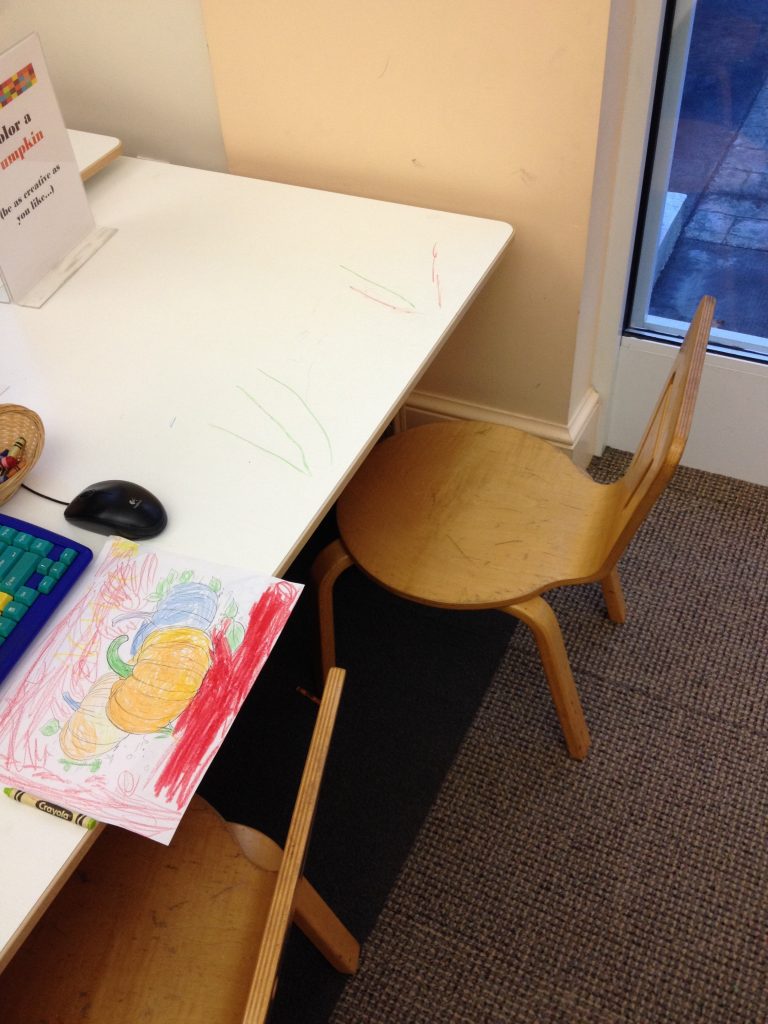Refusal to go to school is a real problem concerning some parents. The Anxiety and Depression Association of America describes this refusal as a disorder. As some children face stressful events, are anxious about school or move to a different school, school refusal begins. Some children even fear something will happen to a family member while he or she is in school. Also, the fear of bullying causes a student to spurn going to school. Many reasons cause children to be absent, truant or refuse to go to school.
School Refusal – Different From Truancy
Truancy and refusing to go to school is different. Truant students won’t go to school because they want to do something else. And, truancy is common in older students and teens. Truancy occurs as children go to school and then slip off to meet friends. Their reasons vary with age.
• Students are truant to get attention.
• They wish to impress their friends.
• And, some students are truant because of poor grades in school.
Truant students hide their truancy from their parents. Refusing to go to school can occur at any age. Consequently, both are a problem to educators and parents.
What Children Want
Students refuse to go to school for many reasons.
• They wish to stay home with parents.
• Students invent an illness in order to stay home.
• They have separation anxiety.
• A parent is continuously late in picking up the student after school.
• Students escape an unpleasant situation such as group or team work, speaking or reading in front of the class.
Refusing to attend school affects 25 percent of students. Usually, it occurs in the younger ages of 5 and 6 year olds and again between the ages of 10 and 11. Often, these children are intelligent. But, school refusal can happen at any time. And, the longer it persists, the more difficult it is to correct. Therefore, it is important to give the symptoms immediate attention.
![]()



